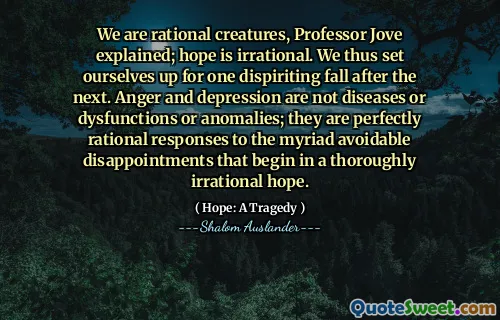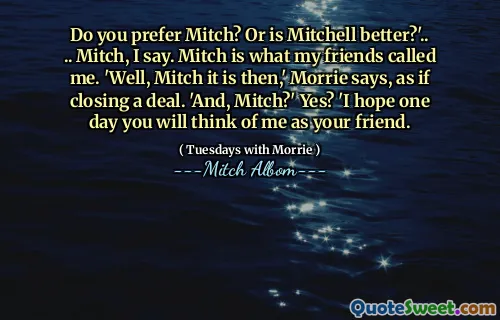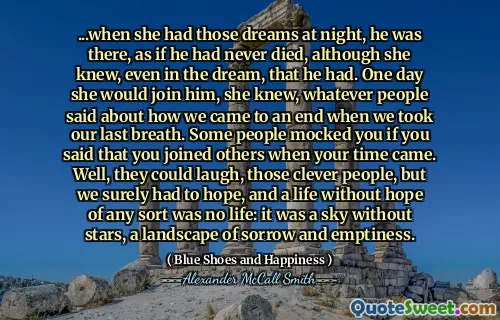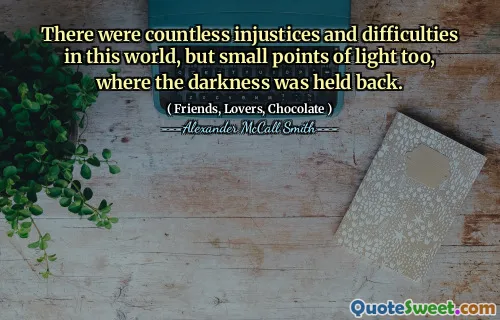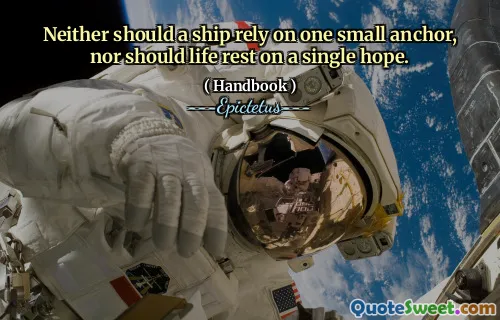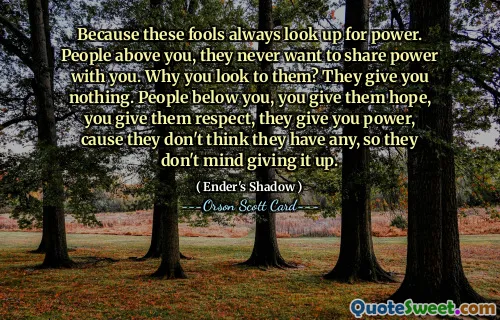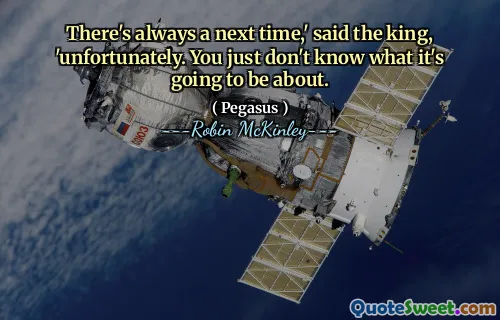
We are rational creatures, Professor Jove explained; hope is irrational. We thus set ourselves up for one dispiriting fall after the next. Anger and depression are not diseases or dysfunctions or anomalies; they are perfectly rational responses to the myriad avoidable disappointments that begin in a thoroughly irrational hope.
This quote offers a profound insight into human psychology and emotional responses. It suggests that as rational beings, our default expectation should be skepticism about hope, which in turn often leads to inevitable disappointment. The acknowledgment that hope is irrational challenges societal notions that hope is inherently virtuous or beneficial, instead positing that it may be the root cause of emotional suffering such as anger and depression. The perspective invites us to reconsider our attachments to optimistic expectations, recognizing that such hopes frequently set us up for disappointment, which triggers feelings of despair or frustration. It's a reminder that our emotional landscape is shaped significantly by our expectations, many of which are rooted in unfounded hope. By understanding this, we can perhaps foster more pragmatic outlooks, mitigating emotional upheavals when disappointment inevitably occurs. The thinking here resonates with philosophical and psychological dialogues that urge us to accept life's inherent uncertainties and imperfections without excessive reliance on hope as a guiding principle. Embracing this view could lead to healthier emotional responses, promoting resilience through realistic acceptance rather than futile hope. Ultimately, this perspective challenges us to reflect on our tendency to idealize the future and to find comfort in acknowledging life's unpredictable nature without undue disappointment.
( Hope: A Tragedy ) - author: ---Shalom Auslander---
